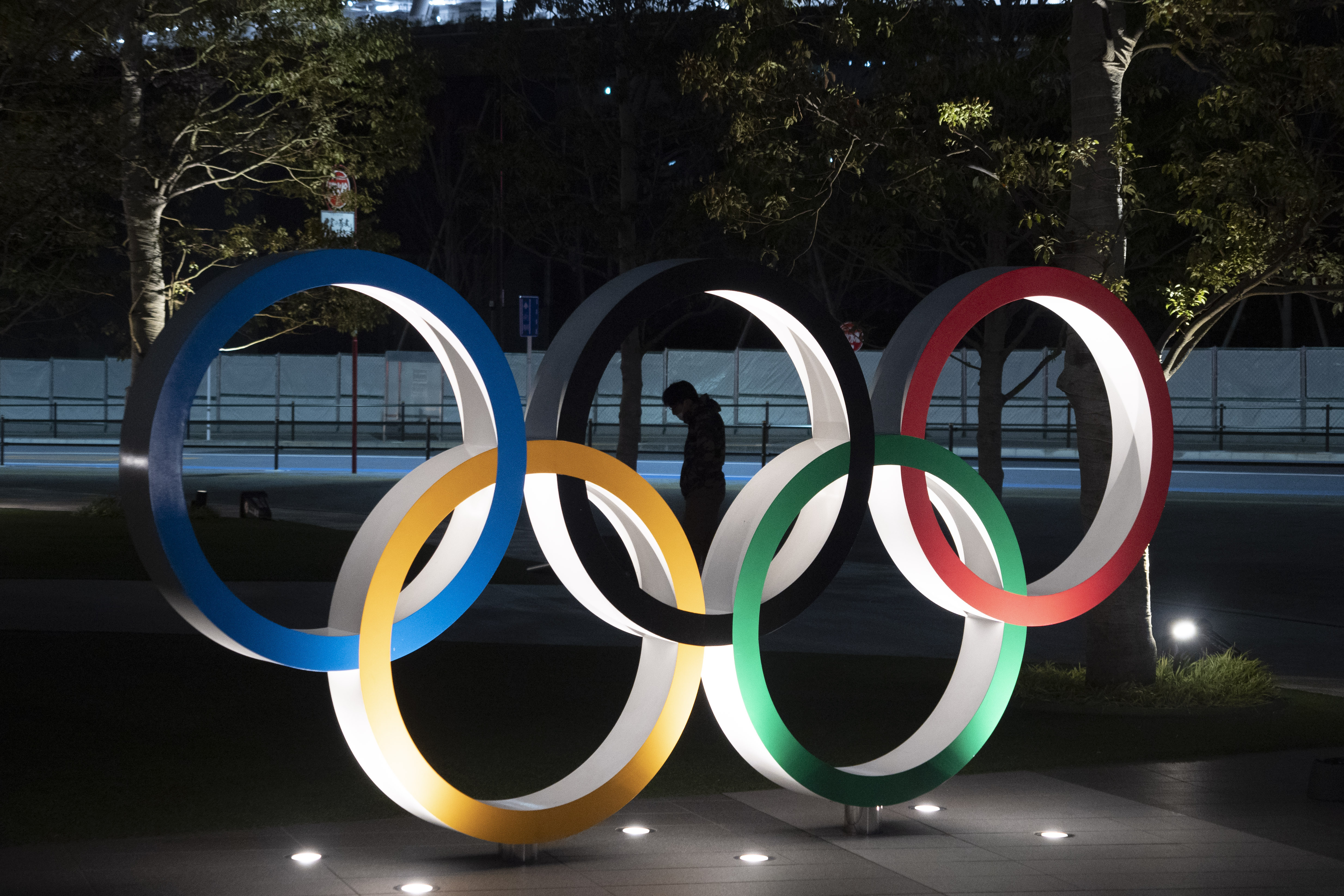“In the annals of the history of the modern Olympic movement, there are only three instances when the Olympic Games were not celebrated,” writes Sandra Collins, author of The 1940 Tokyo Games: The Missing Olympics. The 1916 games in Berlin, the 1940 games in Tokyo, and the 1944 games in London were interrupted by the First and Second World Wars.
For the first time, however, the Olympic games face a postponement due not to war, but because of the current worldwide health crisis. Japan’s Prime Minister Shinzo Ab announced on Tuesday that Japan and the International Olympic Committee had come to an agreement to defer the games for at least a year as the world gropes with how to handle the global Covid-19 pandemic.
The postponement of the Tokyo 2020 Olympics comes after repeated calls to delay the games, with nations like Canada and Australia withdrawing on their own accord. The announcement marks the second time in the nation’s history that it will not host the games, or at the very least, for the time being.
The IOC awarded the 1940 summer games to Tokyo in 1936, marking the first time a non-Western city would host the games. The implications were two-fold: since 1896 Japan had campaigned to host the Olympic games. No other Asian, African, or Latin American nation had done so, Collins writes. The successful Japanese bid, the IOC hoped, would signal that the Olympics was universal, and not just for economically powerful, mostly white nations.
For Japan, who would shortly be mired in the Second Sino-Japanese War in 1937, it marked an opportunity to legitimize its place within the international community, helping to execute the “Greater East Asia Co-prosperity Sphere”— a thinly disguised concept for Japanese imperialism.
After the 1936 propagandist spectacle that was the 1936 Berlin Olympics, the world lurched closer and closer to calamity. As war in China became protracted, international calls for boycotting the Tokyo games grew. By early 1938, the British delegation threatened to withdraw, with the strong likelihood that the U.S. would follow suite, the Washington Post writes.
Unrest grew inside Japan as well, and for a short period of time, steel was simultaneously going towards building a rowing course, a cyclodrome, and the Japanese war effort.
The efforts were unsustainable, however. And by July of that year, with wartime austerity protocols revealing widespread shortages of goods and products, the government forfeited its right to host, stating that the war in China required “the spiritual and material mobilization of Japan.” The bid was then awarded to Helsinki, Finland, the runner-up city.
With the outbreak of World War II in 1939, the Olympics were canceled altogether for the duration of the war. Over 500 former Olympic athletes were killed in World War II, including two American track and field stars: Foy Draper, who won gold in the 4 x 100 meter relay with Jesse Owens in the 1936 Summer Olympics; and Frank Cuhel, who won the silver medal in the 400 meter hurdles in the 1928 Summer Olympics, which were held in Amsterdam, Netherlands.
The games resumed in London in 1948, with Tokyo finally hosting in 1964.
And while many businesses are understandably shuttered for the foreseeable future due to the current pandemic, it is not without some frustration.
“The mass media would love this expression if I say it’s a cursed Olympics,” says Japan’s deputy prime minister Taro Aso.
“But it’s a reality.”

